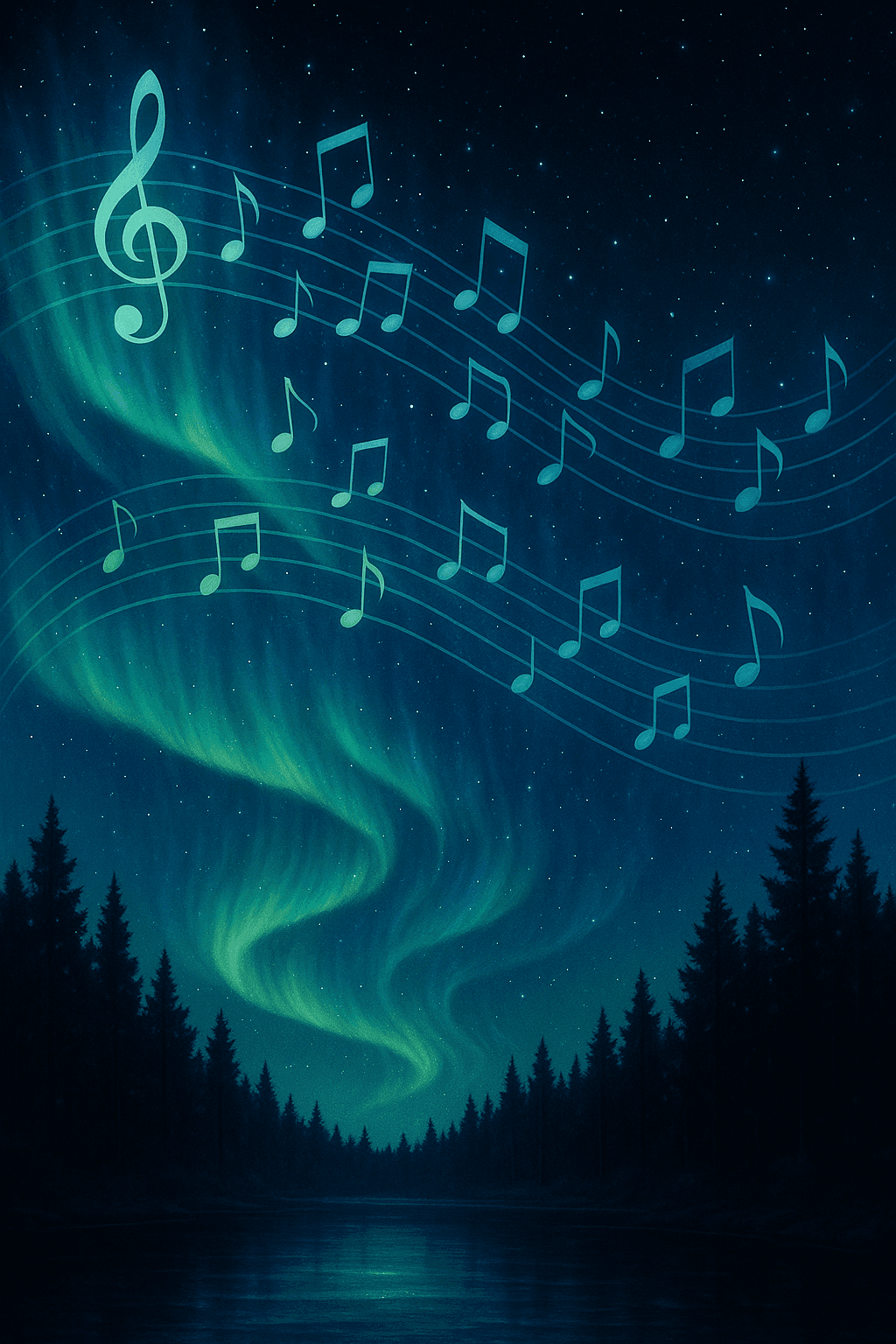How Music Bridges Dreams and Human Experience

Music is the universal language of mankind, translating dreams into reality. — Henry Wadsworth Longfellow
—What lingers after this line?
One-minute reflection
What does this quote ask you to notice today?
Music: A Universal Tongue
Henry Wadsworth Longfellow’s insight captures music’s singular power to resonate across cultures and eras. Unlike spoken language, which relies on words and grammar, music expresses emotion and meaning through melody, rhythm, and harmony. This universality is demonstrated when people from vastly different backgrounds connect through the same song or symphony, transcending linguistic barriers and forming shared understanding without a single spoken word.
Translating Dreams into Reality
Longfellow also alludes to music’s transformative nature: its ability to convert intangible dreams into tangible experiences. Whether it’s an aspiring musician shaping sound from inspiration or a listener transported by a poignant tune, music materializes internal visions. Throughout history, composers like Ludwig van Beethoven have used music to give voice to personal aspirations, struggle, and triumph, allowing audiences to partake in these emotional journeys.
Cross-Cultural Harmonies
Moving beyond individual experience, music acts as a bridge across societies. Traditions like the African griot’s songs, Native American chants, or Gregorian chants of medieval Europe all harness music’s capacity for universal expression. These forms, while stylistically distinct, reveal common threads of storytelling, ritual, and communal identity—underscoring Longfellow’s assertion that music unites humanity at its core.
Emotional Resonance and Memory
Delving deeper, music’s universality is rooted in its profound emotional impact. Scientific studies, such as those by neurologist Oliver Sacks in his book *Musicophilia* (2007), show that music stimulates regions of the brain linked to memory and emotion. A simple melody can evoke powerful recollections or stir dormant feelings, turning abstract dreams into sensory reality and weaving past aspirations into present experience.
The Enduring Human Connection
Ultimately, music’s universal language forges lasting connections—between people, cultures, and generations. From lullabies that comfort infants to anthems that rally nations, music shapes our collective dreams and brings them to fruition. Through this connective power, Longfellow’s vision endures: music doesn’t merely reflect reality, it catalyzes the shared realization of our highest hopes.